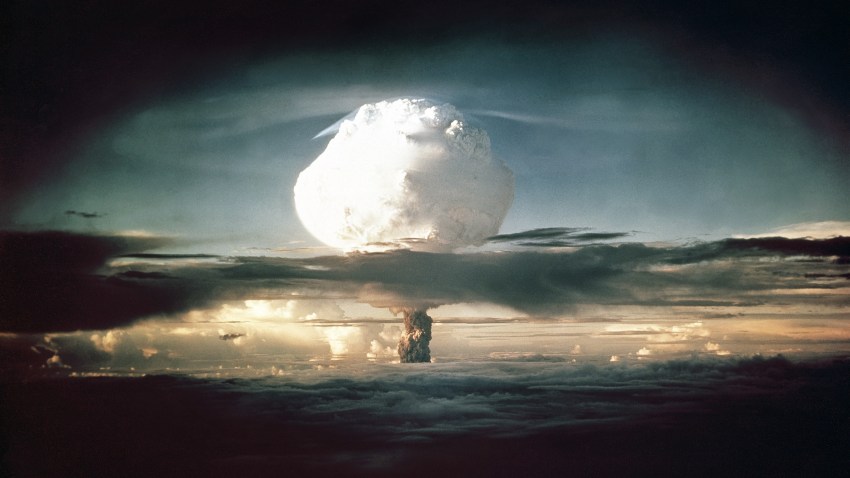Japan’s fellow G7 members, as well as the EU, did not send their ambassadors to Nagasaki for this year’s ceremony marking the anniversary of the city’s atomic bombing by the U.S. at the end of World War II. The decision came after Nagasaki Mayor Shiro Suzuki did not invite Israel to attend the ceremony, which was held earlier today. (AP)
Our Take
The annual ceremonies in Hiroshima, held three days ago, and Nagasaki are commemorations of the horrors unleashed by the U.S. bombings, which together killed more than 200,000 people. But they are also a symbolic reinforcement of the taboo against the use of nuclear weapons, to ensure that these bombings forever remain the only time nuclear weapons have been detonated in conflict.
That taboo emerged almost immediately after Hiroshima and Nagasaki were bombed 79 years ago, with the scale of destruction and cost in human life creating instant consensus among military strategists that nuclear weapons can only ever serve as deterrents to their own use. Whether or not nuclear weapons actually do have a deterrent effect is debatable, as Paul Poast wrote recently. But the commemorations in Hiroshima and Nagasaki are meant to serve as a reminder of this popular consensus, which is considered to be above politics.

